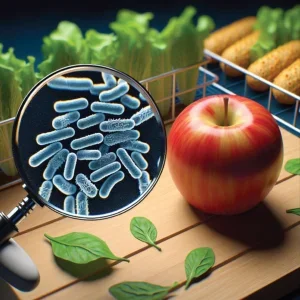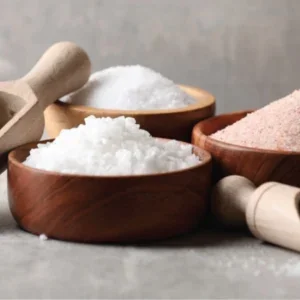Vitamin C plays multiple roles in the body, many of which have been well documented while others remain unclear.
Vitamin C advantages
Vitamin C has several functions in the body, it helps the healing of wounds, prevents scurvy, promotes development of bones and teeth, helps make hormones that regulate nerve function, builds resistance to infections, helps the body to absorb non-heme iron, and is an important antioxidant to protect body cells and tissue from destruction by free radicals.
Vitamin C deficiency
Deficiency of vitamin C results in scurvy, a disease with symptoms including wound healing, bleeding gums, loosening of teeth, weakening of bones and skin haemorrhages.
Ascorbic acid is the most common form of vitamin C and is used for vitamin fortifications. Humans are unable to synthesise vitamin C internally and must depend on their food for adequate supplies, eating plenty of fresh fruit and vegetables – try to eat five portions of fruit or vegetables a day, have a glass of orange or other juice for breakfast, have a plenty of salads and some stir fry vegetables.
Maximise your child’s vitamin C intake by:
- ensuring adequate intake of vitamin C by offering at least two to four servings of fruits and vegetables every day
- choosing from a wide variety of fruits and vegetables
- minimising loss during preparation and cooking.
Vitamin C is easily destroyed by heat, light or oxygen, consume as much uncooked fruits and vegetables or when you do cooking follow some simple tips to minimise the loss of vitamin C, see Table 2.






